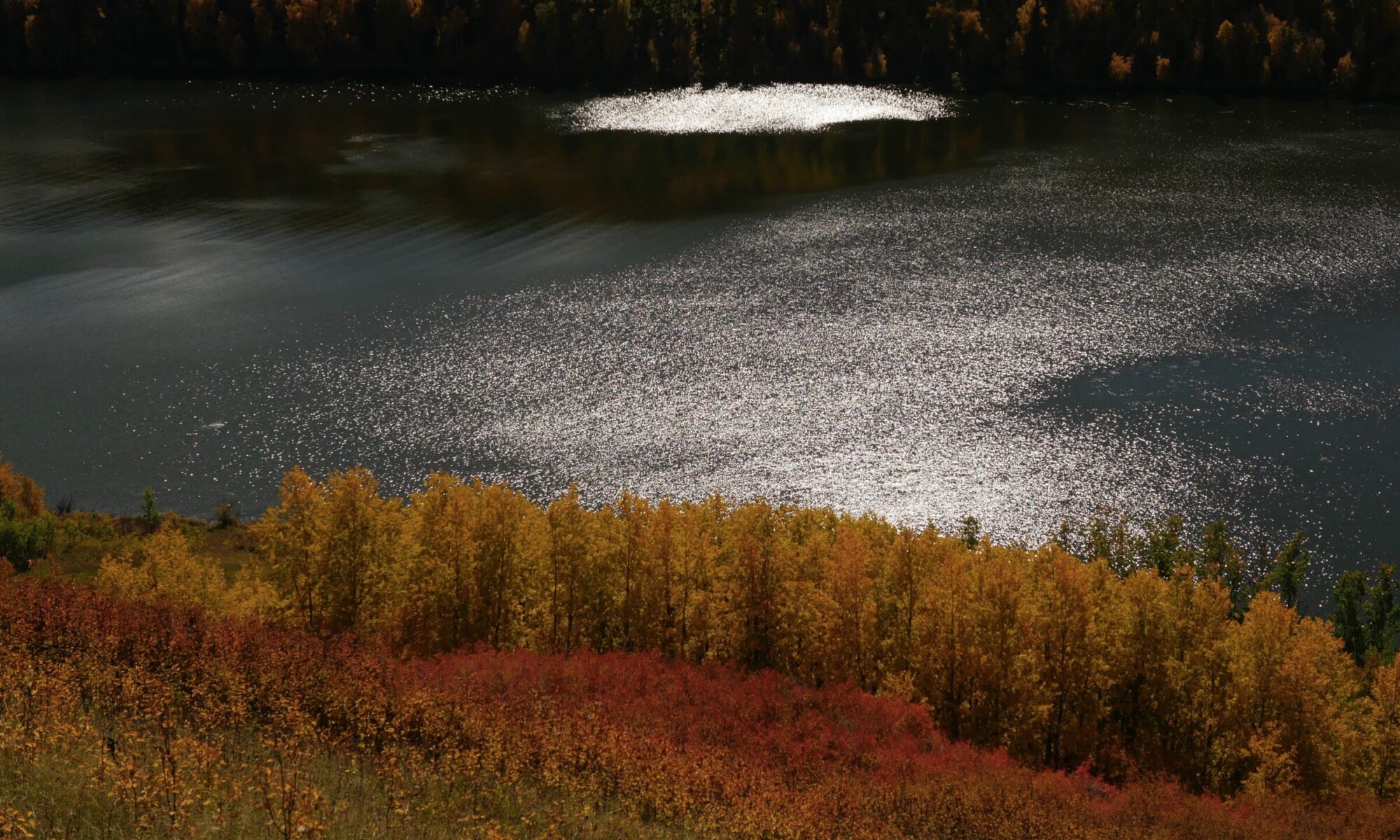“And he watches Lightning, whom he does not love. That one, he thinks, will be hard put to be worth what he will eat. For he is one who believes in a way out. As long as he as two choices, or thinks he has, he will never do his best or think of the possibility of the best”
–Wendell Berry: Bringing it to the Table, 217
Perhaps many of us can relate to Berry’s story, having had to put up with a character who does not know the meaning of hard work, maybe whose apathy gets in the way of their engagement, or someone whose blatant ignorance is frustrating beyond belief. I too feel this lack of love for individuals such as these. It’s a common malaise of our postmodern times, the malaise of choice. We can be engaged in as much as, or as little as we please, for our own accountability is rarely held to anyone other than ourselves. We do not have to follow politics if we do not wish, or divest from our consumer lifestyles, even get out of bed in the morning.
Fundamentally though, I would argue our choices have consequences, and in paying attention to the value of our choices, the potential of our actions, and strength with which we may proceed, the opportunities that ensue our engagement extend beyond our imaginations. Beginning with our plates: we may choose to eat responsibility to better care for the land that sustains us, the farmers who provide that sustenance, and to show respect for an omnivorous nature that imposes incredible strains on the natural environment. 3 times a day, maybe more, we may vote with our fork to make meaningful change to the food system, in particular. Our acts of consumption are not dissociated from politics, and Berry reminds us that it is in the conscious consumers hands to enact positive change on a personal, and systemic level.
We must then be conscious of choice, and the implications of our choices. For those who are unaware, or disengaged from these consequences, utmost love and nurturance is due. We must be careful to not condemn them for their ignorance, but instead lead by example and demonstrate the bounty and wholeness that accompanies our decisions to have concern for the environment, the welfare of people, and health of our bodies. Let us embark on this journey together, one meal at a time.
